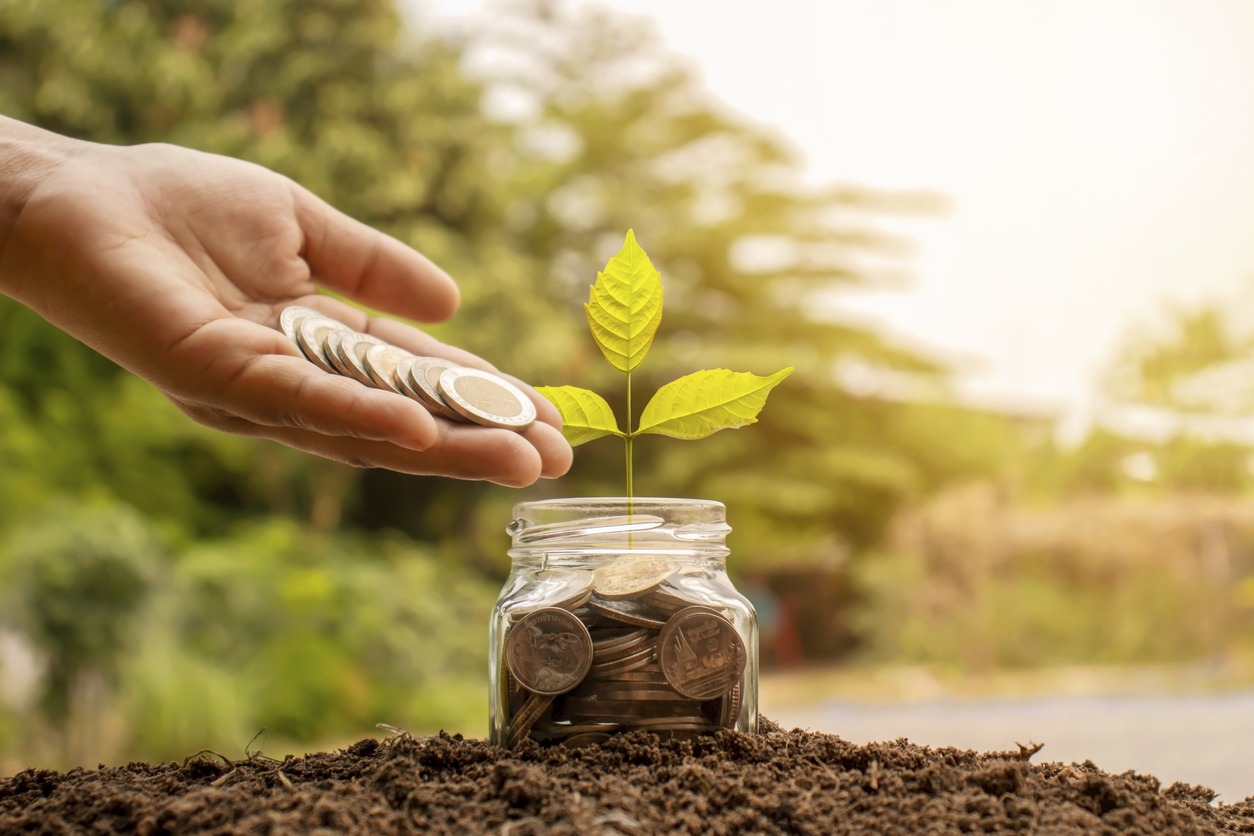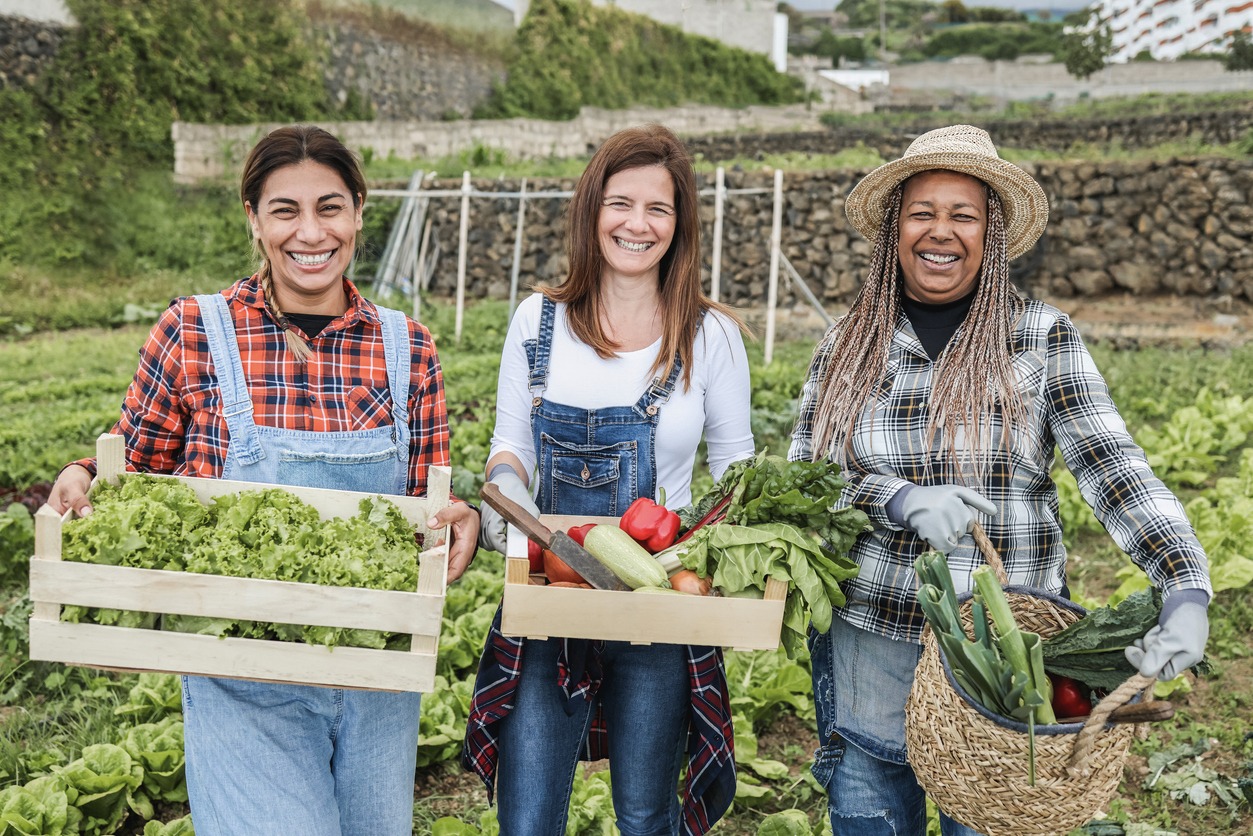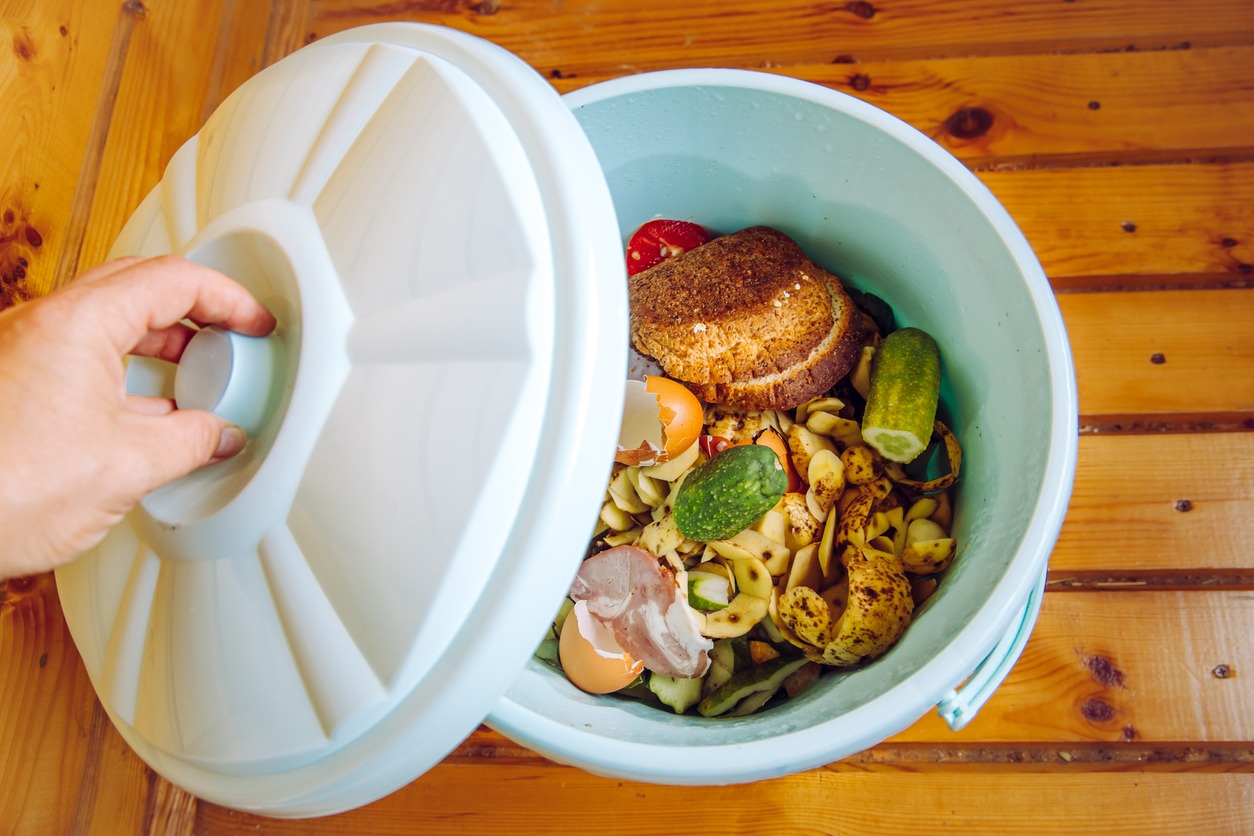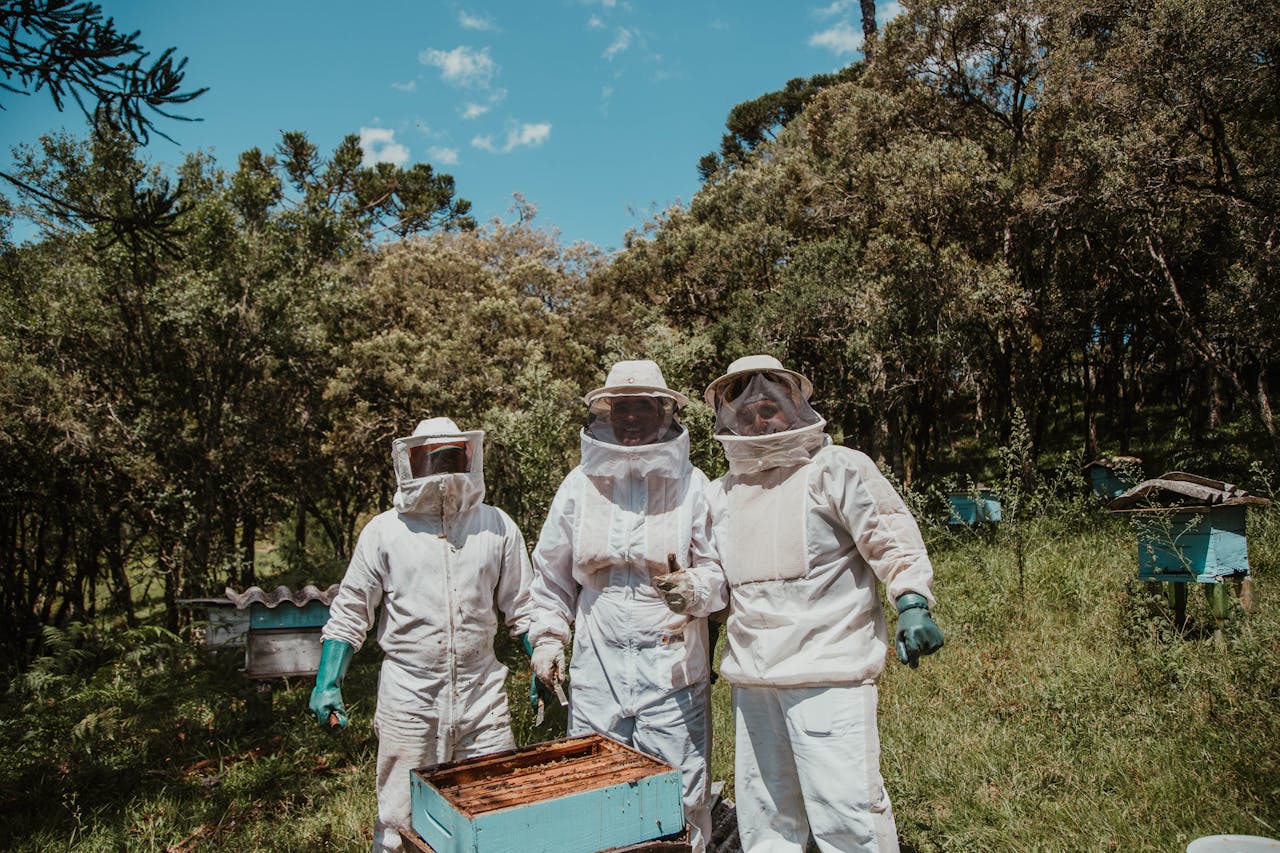Why Composting Kitchen Scraps Is Essential for Sustainable Living
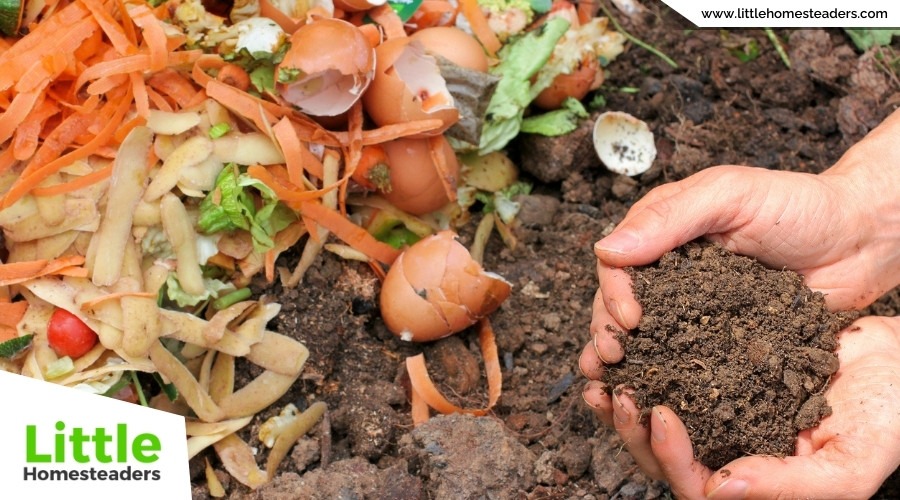
In today's world, making small, meaningful changes to our daily habits can add up to significant improvements for the environment. Composting kitchen scraps is one of the easiest and most impactful ways to live sustainably. It doesn't take much effort, but the benefits—for both the planet and your household—are huge. Let's explore why this simple practice is a game-changer and how you can make it a part of your life.
What Is Kitchen Scrap Composting?
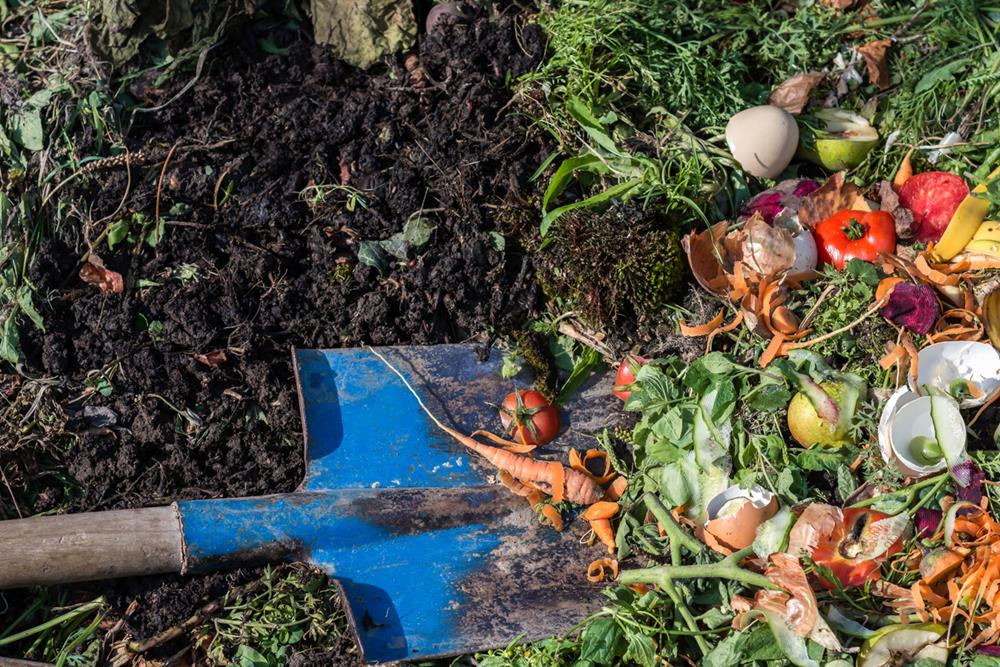
At its core, kitchen scrap composting is all about taking organic waste from your home—think fruit peels, vegetable trimmings, eggshells, and coffee grounds—and turning it into rich, nutritious compost. This process mirrors what happens in nature when leaves or plants decompose on the forest floor, except you're doing it intentionally to create a valuable resource.
Composting is part of the circular economy, where waste is repurposed instead of discarded. Instead of tossing scraps in the trash, you're turning them into a natural fertilizer that helps plants thrive. The process involves breaking down organic material with the help of microbes, air, and moisture. By balancing two key components, you can ensure your compost is effective:
- Greens: Nitrogen-rich materials like kitchen scraps and coffee grounds.
- Browns: Carbon-rich materials like dead leaves, shredded cardboard, and paper.
Balancing these, along with keeping the pile damp and well-aerated, creates the perfect environment for decomposition.
Environmental Benefits of Composting
When food waste ends up in landfills, it doesn't just sit there harmlessly. Without proper oxygen, it decomposes anaerobically, releasing methane—a greenhouse gas far more potent than carbon dioxide. Composting redirects organic waste away from landfills, cutting down these emissions significantly.
Beyond reducing greenhouse gases, composting helps combat climate change in another way: by creating healthy soil. Healthy soil acts as a natural carbon sink, storing CO2 and preventing it from contributing to global warming. This means every banana peel or carrot top you compost helps fight climate change.
Imagine if everyone composted their kitchen scraps. The environmental impact would be astounding, with fewer greenhouse gases in the atmosphere and less pressure on overburdened landfills. It's a powerful step toward a greener planet.
Benefits for Soil Health and Water Conservation
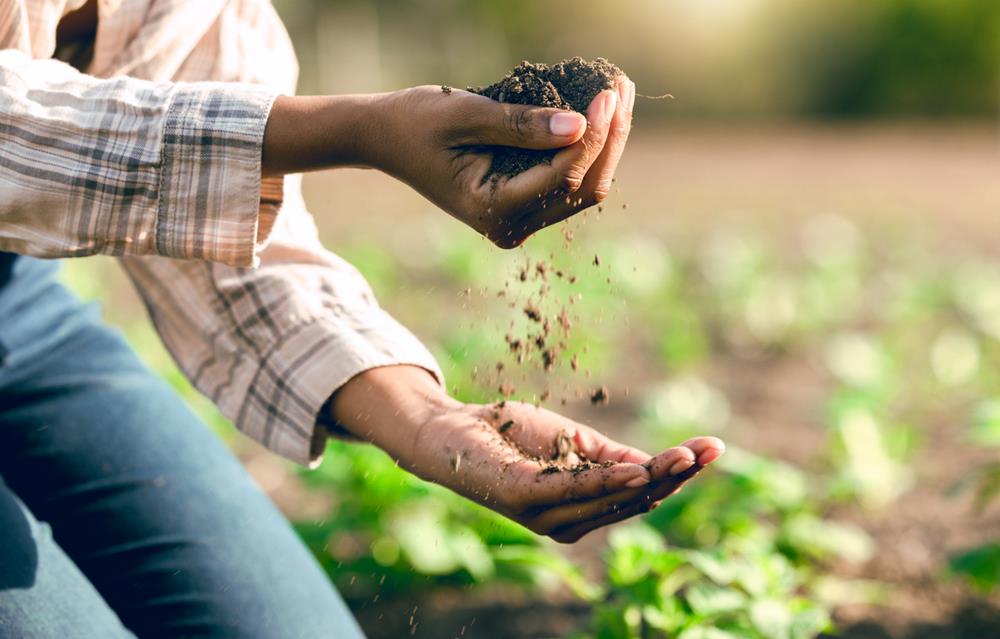
Healthy soil is the foundation of healthy plants, and composting is one of the best ways to improve soil quality. When you mix compost into your garden soil, you're adding nutrients that help plants grow stronger and healthier. Compost also improves soil structure, making it better at holding water.
This water-retaining quality is especially important in areas prone to drought. Compost-enriched soil holds onto moisture longer, meaning you'll need to water your plants less often. This not only conserves water but also saves you time and money. Plus, the microorganisms in compost create a thriving ecosystem underground, breaking down nutrients and making them more accessible to plants.
Think of compost as a natural, chemical-free alternative to synthetic fertilizers. By using it, you're reducing the need for harmful chemicals that can pollute waterways. It's a win for your garden and the planet.
Economic and Practical Advantages
Composting isn't just good for the environment—it's good for your wallet too. Reducing the amount of waste you throw away means fewer trash bags to buy and less frequent garbage pickups. If your area charges by the amount of waste you produce, composting can lead to significant savings.
For gardeners, the financial benefits are even greater. Store-bought fertilizers can be expensive, but compost provides the same nutrients for free. And it's better for your plants, as it's natural and free of chemicals.
On a larger scale, composting supports local economies. Many communities have composting programs that create jobs and provide compost for public spaces, like parks and community gardens. Cities like San Francisco have shown how effective these programs can be, diverting massive amounts of waste from landfills and turning it into something beneficial.
How to Start Composting at Home
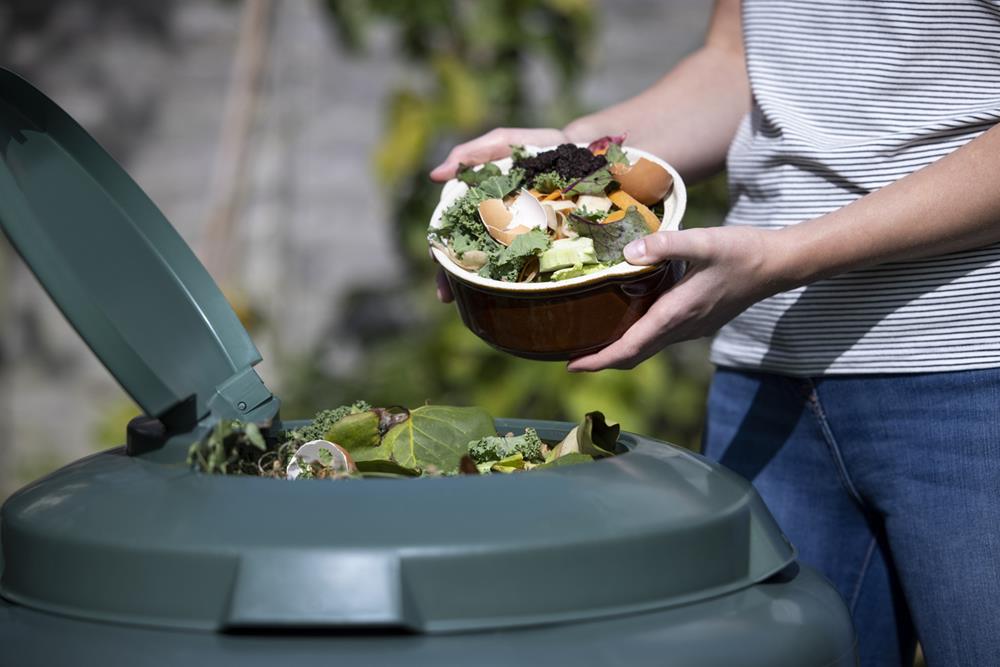
Starting your own composting system doesn't have to be complicated. Here's how to get going:
- Pick a Method: Decide between indoor and outdoor composting. If you have a backyard, a simple bin or pile will do. If space is limited, consider a worm bin or an electric composter for indoors.
- Choose a Spot: For outdoor composting, pick a shady spot with good drainage. For indoor setups, make sure there's proper ventilation.
- Collect Your Scraps: Use a small bin or bucket in your kitchen to collect compostable items. Make it easy to access so you don't forget.
- Layer Greens and Browns: Alternate layers of nitrogen-rich "greens" (kitchen scraps) with carbon-rich "browns" (paper, cardboard, or dried leaves). A 2:1 ratio works well.
- Maintain Your Pile: Keep the pile moist, like a damp sponge, and turn it every few weeks to aerate. This speeds up the decomposition process.
- Harvest Your Compost: After a few months, you'll have dark, crumbly compost ready to enrich your garden or plants.
Compostable Items and What to Avoid
Knowing what to compost is just as important as starting the process. Here's a quick guide:
Compostable Items:
- Fruit and vegetable scraps
- Coffee grounds and filters
- Tea bags (check for plastic)
- Eggshells
- Food-soiled paper (e.g., napkins)
What to Avoid:
- Meat and dairy (they attract pests)
- Oily or greasy foods
- Plastic-coated paper
- Diseased plants
By following these guidelines, you'll avoid common pitfalls like odors or pests, ensuring your compost stays healthy and effective.
Overcoming Common Challenges
Composting can sometimes feel tricky, but most problems have simple solutions:
- Bad Smells: Too much moisture or too many "greens" can cause odors. Add more "browns" and turn the pile for better airflow.
- Pests: A secure bin and avoiding meat or dairy will keep pests away.
- Slow Decomposition: Make sure the pile is damp and well-aerated. Turning it regularly helps.
For those short on space, worm bins or electric composters are great options. They're compact, efficient, and perfect for apartments.
Composting and the Circular Economy
When you compost, you're part of something bigger: the circular economy. This approach focuses on reusing and repurposing resources instead of throwing them away. Communities that embrace composting often see broader benefits, like healthier urban gardens, renewable energy projects, and reduced landfill use.
Take San Francisco's composting program as an example. By diverting over 80% of its waste from landfills, the city has shown how composting can revolutionize waste management. Imagine the impact if every community followed suit.
Conclusion
Composting kitchen scraps is a simple habit with far-reaching benefits. It reduces waste, enriches soil, conserves water, saves money, and helps fight climate change. Best of all, it's easy to start. Whether you have a backyard or live in an apartment, there's a composting method that works for you.
Every apple core or coffee ground you compost is a step toward a healthier planet. So why wait? Start composting today and see how your small actions can make a big difference.

